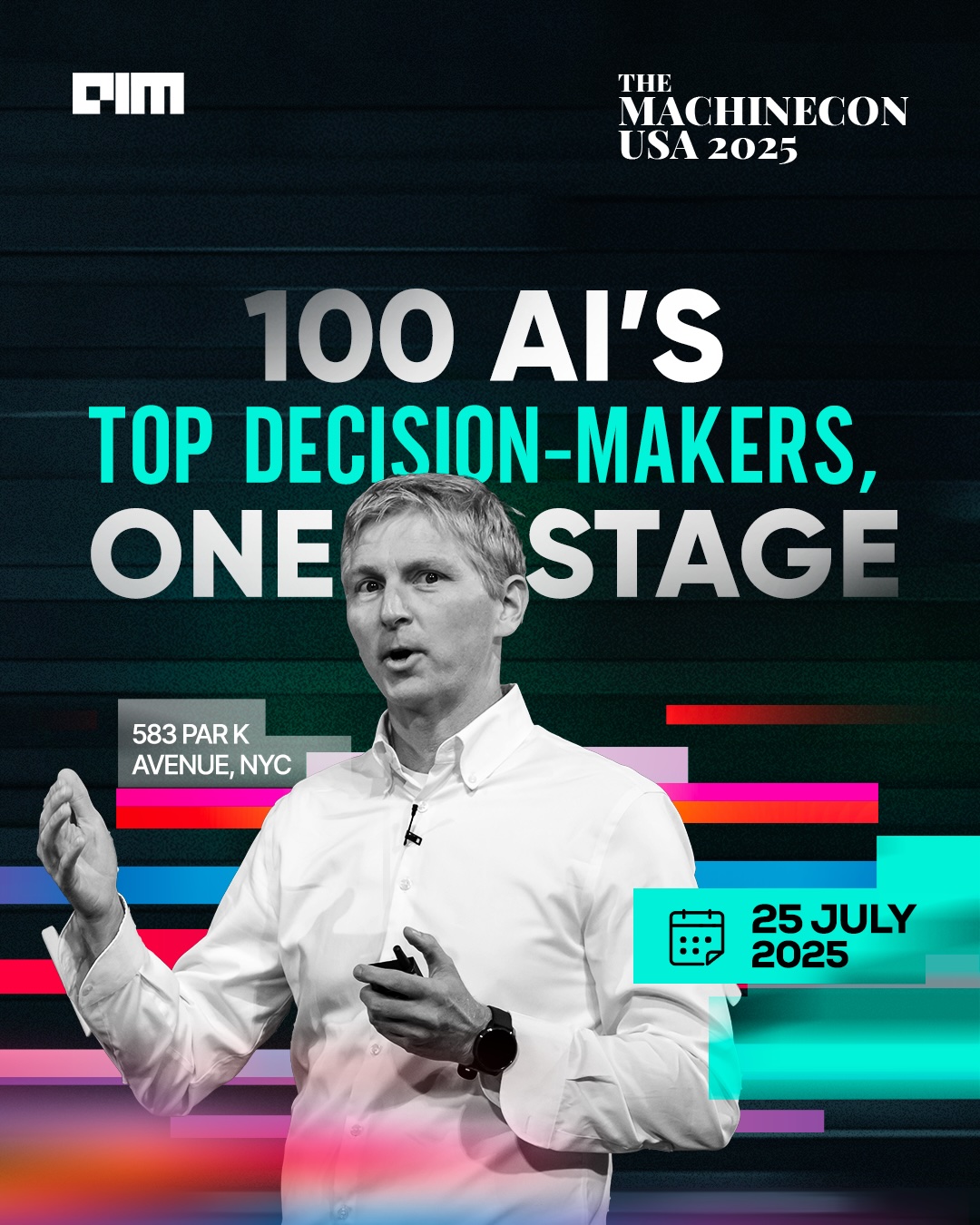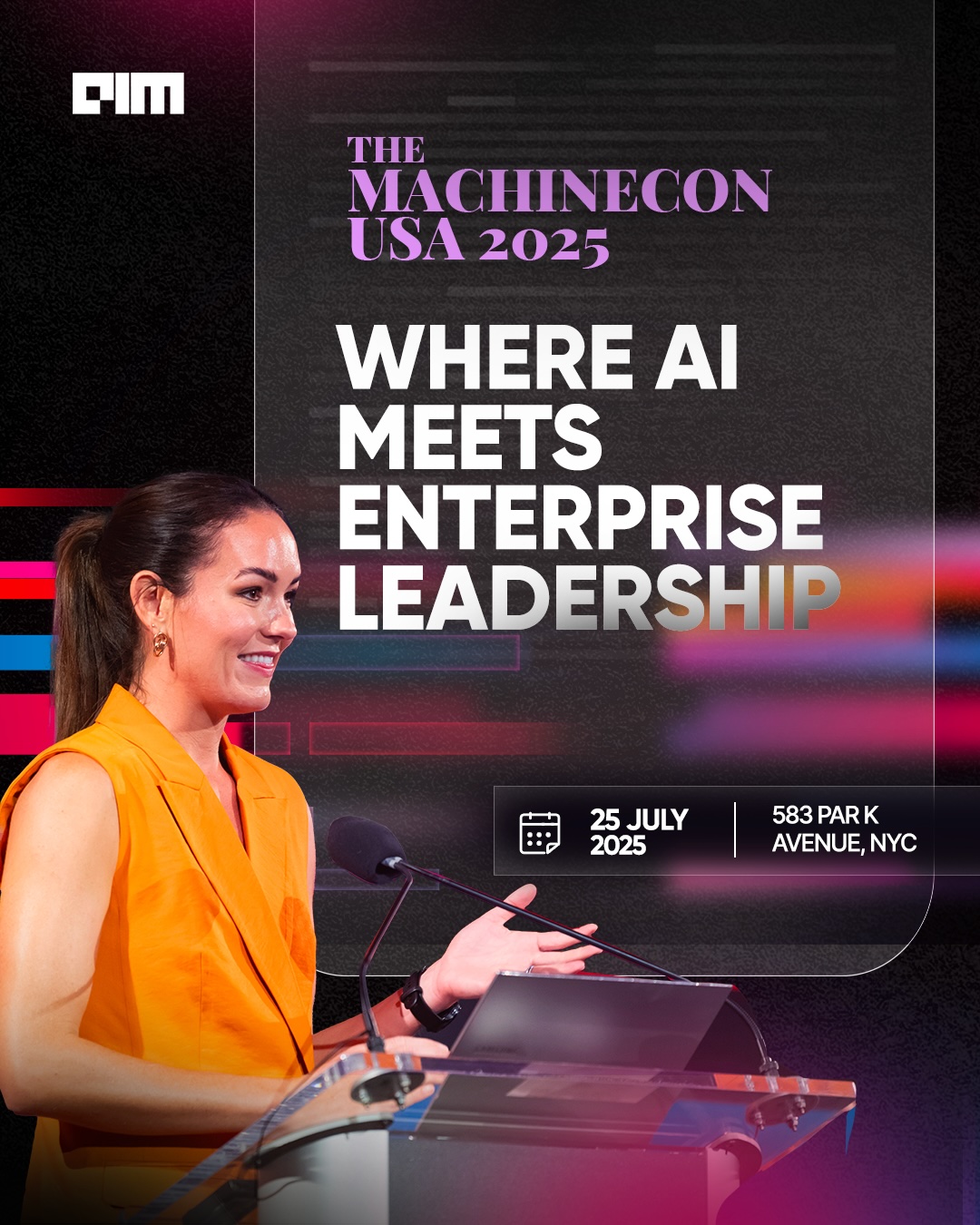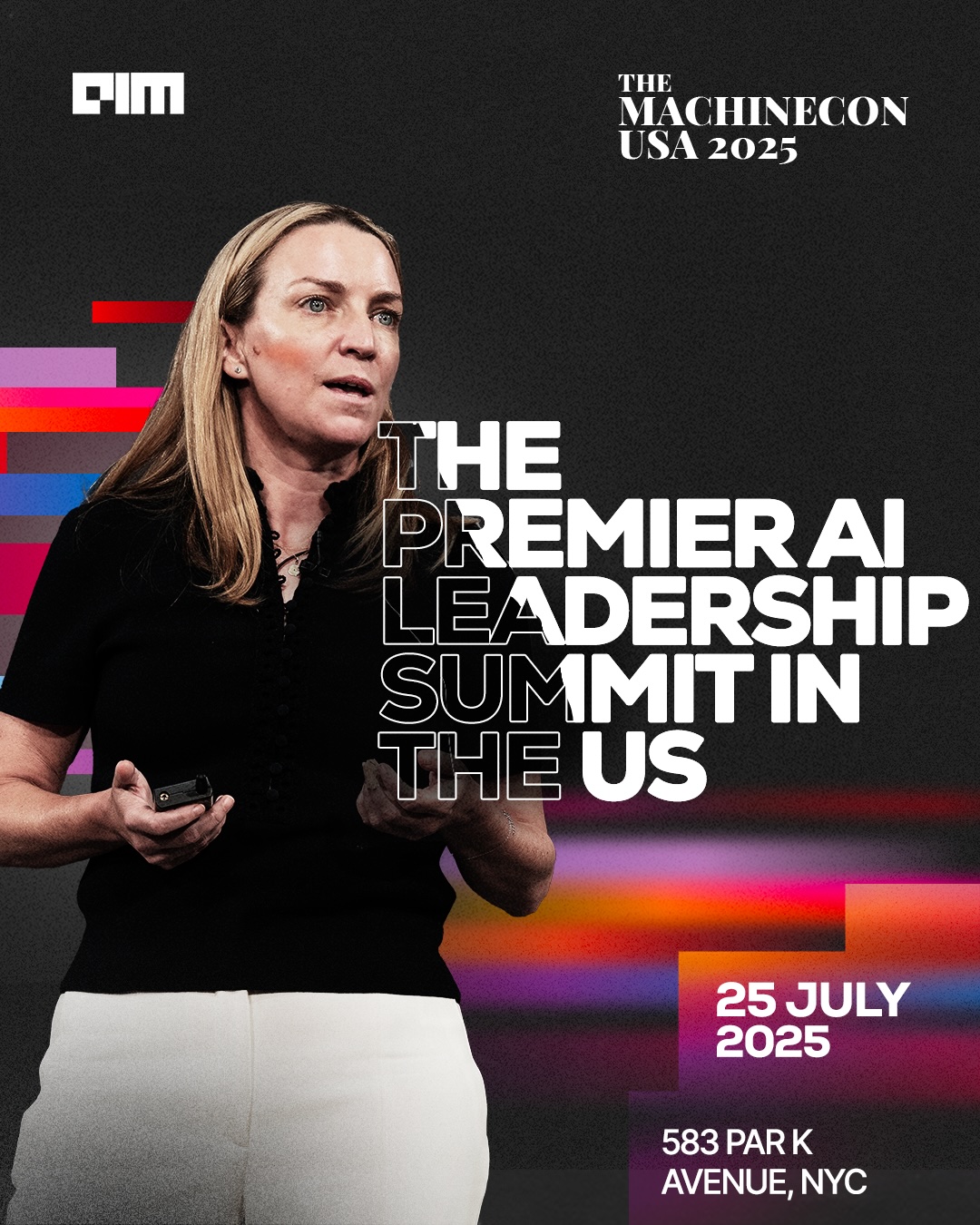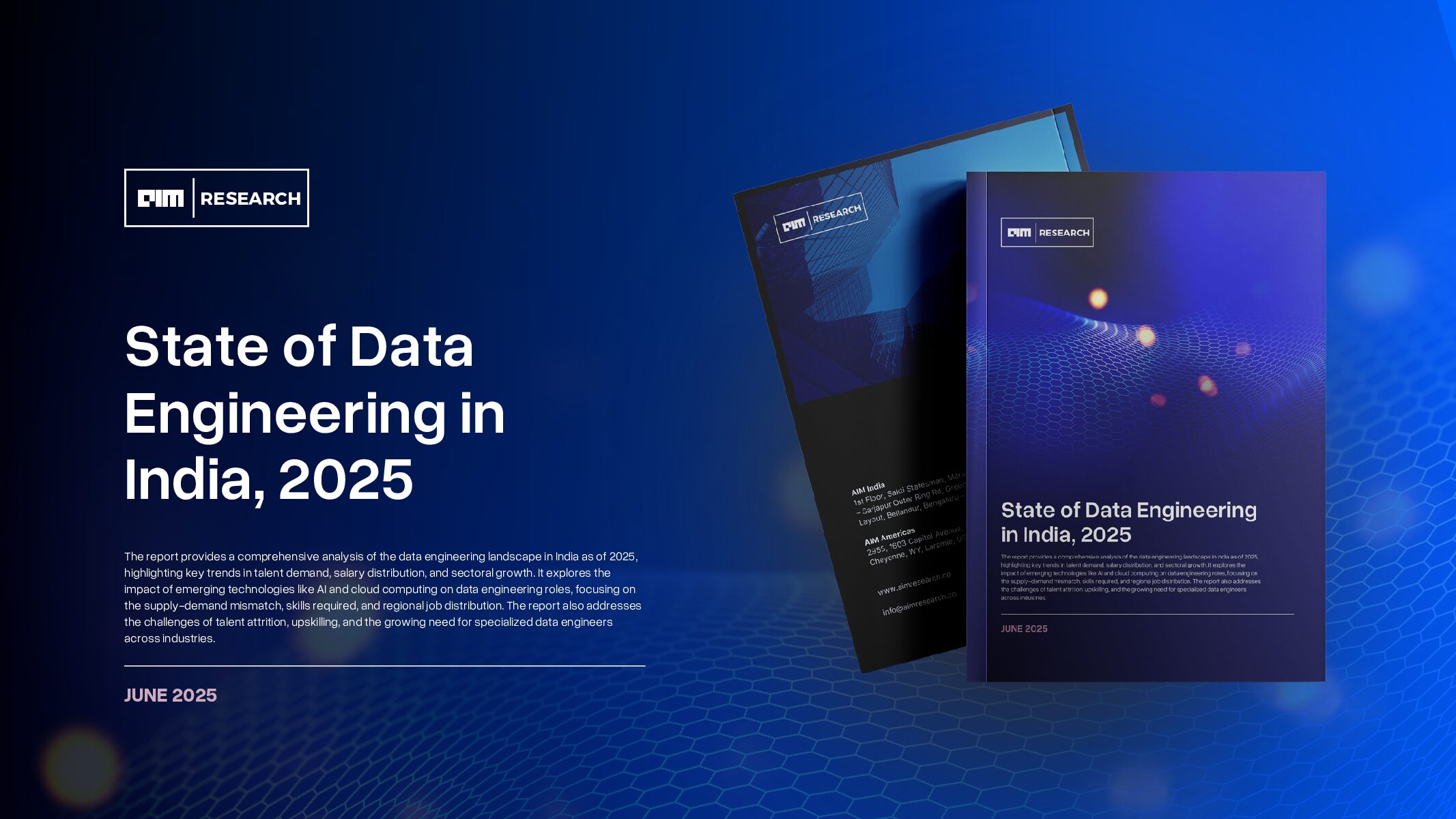In this week’s CDO Insights, we have Sanjay Chaubey, the Chief Data Officer of Dr. Reddy’s Laboratories. Sanjay is an accomplished technology leader with over a decade of experience, currently serving as the VP and CIO/CDO for North America at Dr. Reddy’s Laboratories. His expertise lies in driving digital transformation, agile automation delivery, marking his pivotal role in advancing the pharmaceutical and medical device sectors. With a track record of leadership at SN Inc, Johnson Controls and IBM Sanjay’s strategic prowess and extensive industry knowledge have consistently resulted in transformative outcomes.
The interview delves into the intersection of digital transformation, data, and AI, unraveling the pivotal role they play in shaping the future of the industry. Sanjay’s insights shed light on the dynamic landscape of data-driven innovation and its profound impact.
AIM: Based on your experience, how has the integration of AI and machine learning into your digital transformation strategies reshaped the way your organization approaches innovation and growth today?
Sanjay Choubey: AI/ML has become an integral part of the digital transformation journey for our organization. The support of AI and machine learning has been critical for our commercial decision-making. Decisions involving different types of prices (like launch price, bid price, right of first refusal price), the appropriate time to approach a customer, as well as supply chain optimization per market situations, have all been greatly optimized by the integration of AI/ML.
These new innovations have led business leaders to rely on data-driven decisions instead of sentiment-driven decisions. This change in approach helps organizational leaders to review and reflect on their own biases, which improves timely decision-making.
AIM: In the current landscape, how has the availability and quality of data influenced the effectiveness of AI-driven digital transformation strategies? Are there any challenges in this area that businesses commonly face?
Sanjay Choubey: Data plays one of the most important roles in the AI/ML journey. The quality of decisions is directly dependent on the quality of data as well as the timely availability of data. A missing piece of data or lack of data at the needed time can compromise the quality of the decision in a big way.
There are several challenges in getting the right data at the right time, from integration challenges to timely data acquisitions as well as source data quality, which makes decision-making very difficult for business leaders.
AIM: You have been a leader in this industry for quite some time. How has the integration of AI-driven processes impacted your human resources, reallocating them to more strategic and meaningful activities, and subsequently improving employee satisfaction and engagement?
Sanjay Choubey: We have seen increased employee satisfaction due to a reduction in manually intensive repetitive jobs to more enriching business responsibilities. We have seen that initially, employees resent the automation of business processes, however, skill enhancement training along with transparency in decision-making help to assuage the fear. Their ability to contribute more productively to the organization helps both the organization and its employees.
AIM: For businesses looking to scale their AI-driven transformation initiatives, what strategies have you observed as most effective in terms of managing complexity, maintaining consistency, and achieving desired outcomes?
Sanjay Choubey: I would advise the following approach to scale AI-driven transformative initiatives:
· Don’t lose focus on the expected outcome. Many times, we tend to forget the ultimate goal during the transformation process. Keep continuous vigil on the intended goal and adjust/ pivot your approach, as appropriate.
· Prepare data acquisition and quality strategies at the beginning of the transformation and adhere to it for its life cycle.
· Take a long-term view of the technical architecture for future data growth and plan accordingly.
· Identify, train, and retain your AI resources, who participated in the transformation program.
AIM: From your perspective, how widespread is the adoption of AI/ML technologies in driving digital transformation initiatives across businesses today? How has this changed over the last five or ten years and how was it different back then?
Sanjay Choubey: In my view, businesses have started exploring and deploying AI/ML technologies to a great extent, however, there are not many companies that have gone into complex use cases, resulting in mostly automation of business processes or simplistic rule-based decision-making. Certain industry verticals are a bit ahead of the curve, however in general, there has been very encouraging movement in terms of the development of more complex automation and decision-making cases. The last 5-10 years have drastically changed the AI/ML landscape with the arrival of more mature companies and use cases. From predictive analytics to chatbots, AI/ML applications have become more mainstream, unlike the limited adoption of the past. This shift stems from increased data availability, improved algorithms, and a deeper understanding of AI’s value.
AIM: Considering the current trajectory, what exciting possibilities do you foresee for the next few years in terms of the integration of AI into digital transformation? How do you envision this shaping business landscapes and customer experiences?
Sanjay Choubey: In the future, I visualize more companies investing in digital transformation & AI-based use cases with an increased focus on user & customer experience. AI’s integration into digital transformation will usher in even more remarkable possibilities. Automation of decision-making from semi-automated to completely automated will eventually remove current biases while creating new ones. It will dramatically change the way the business process is conducted in future i.e. changing from reactive to proactive. Ultimately, the synergy between AI and digital transformation will redefine competitiveness and customer engagement across industries.
























